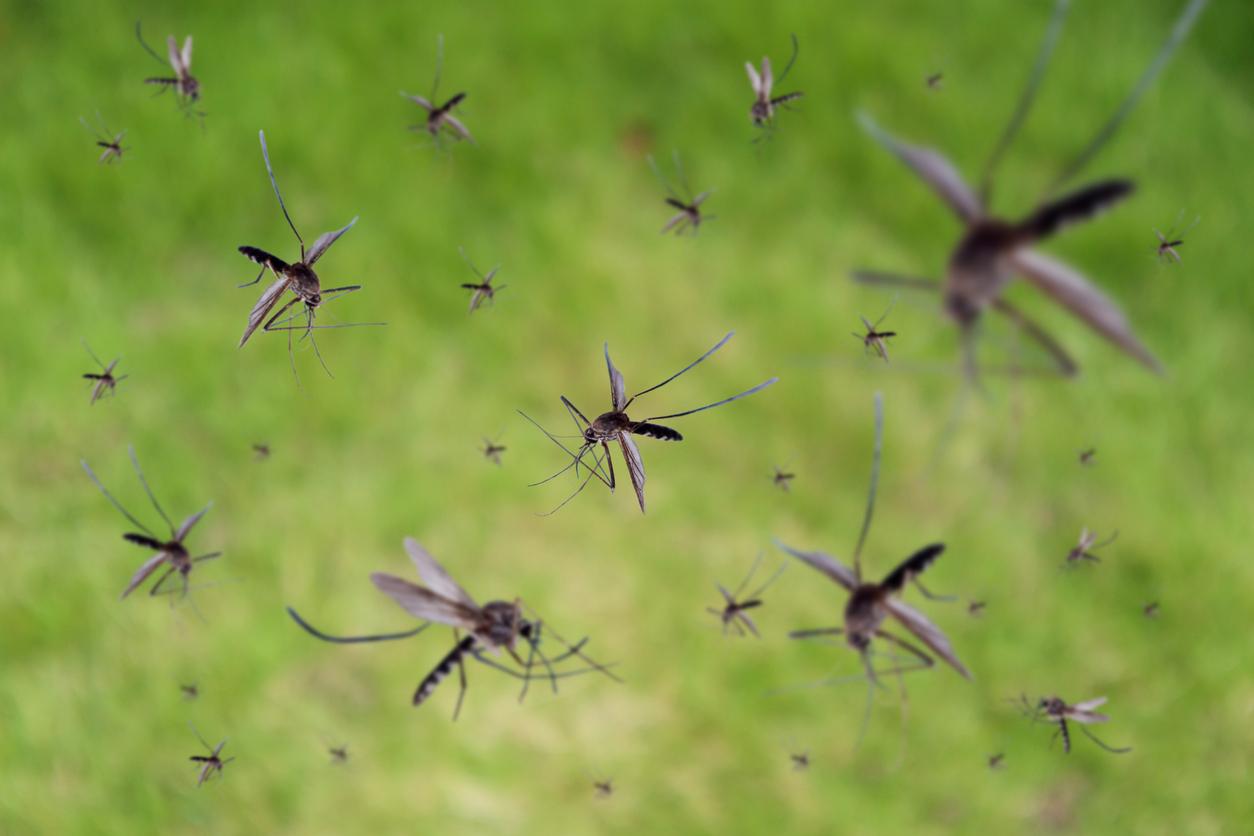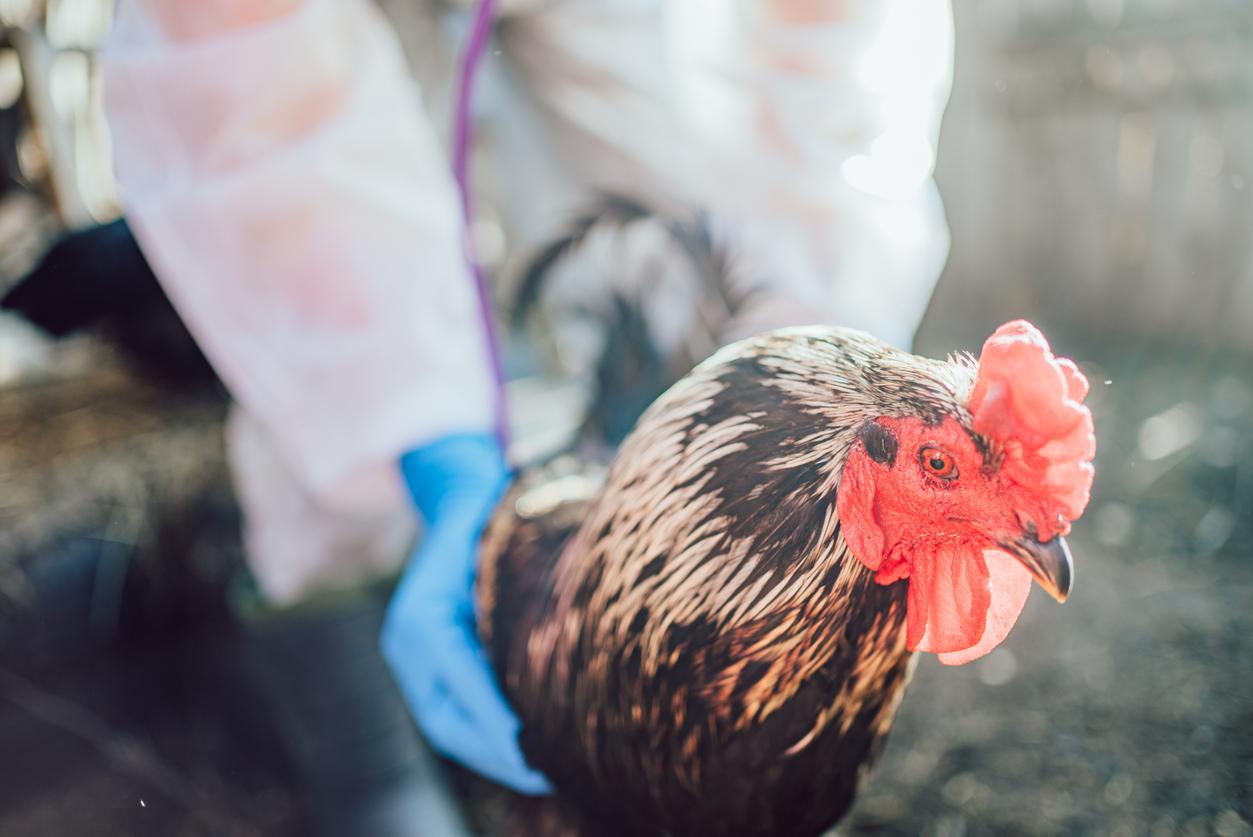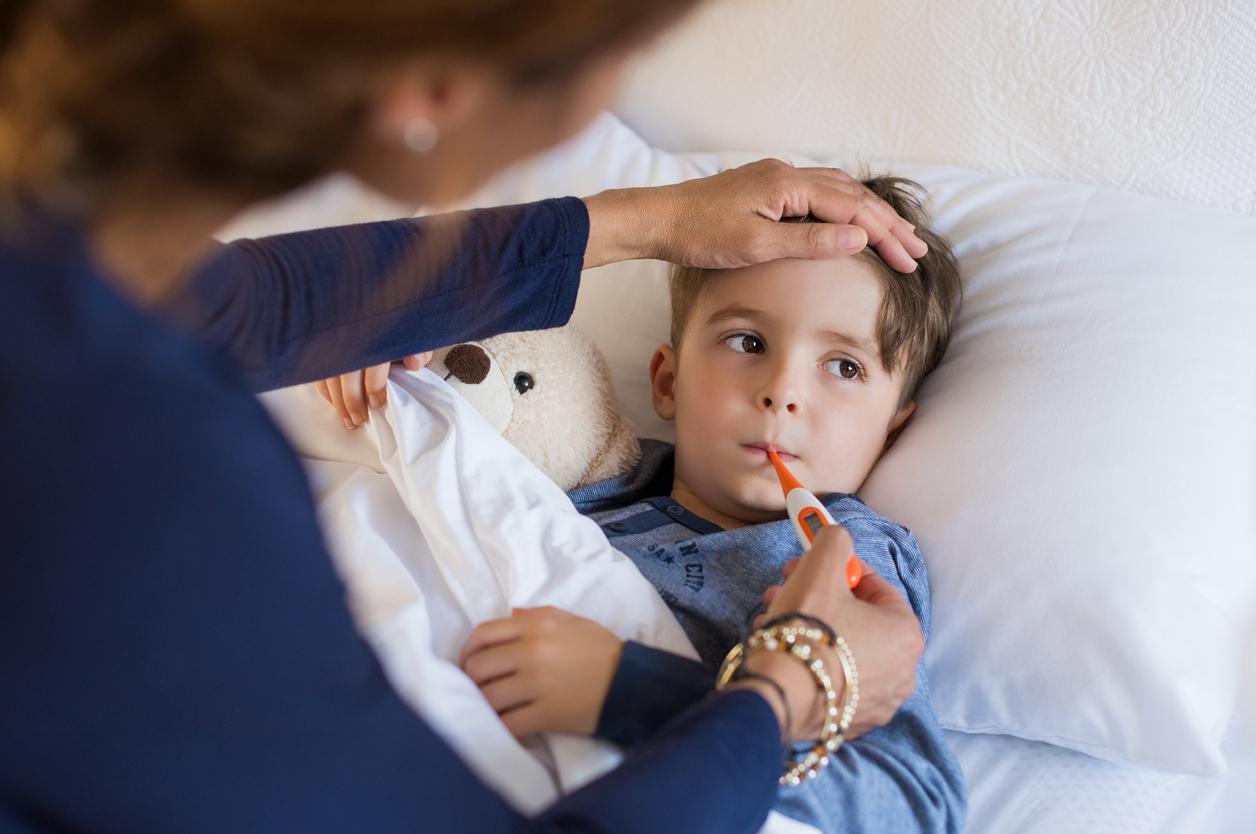Faced with the resurgence of Mpox in Africa, particularly in the Democratic Republic of Congo, UNICEF has launched an emergency call for tenders to obtain vaccines. This movement aims to prevent the worsening of the health situation and to provide a rapid response in the most affected countries. More than 18,000 suspected cases have been reported this year, including 629 deaths.

- UNICEF has launched a call for tenders to obtain vaccines against Mpox, in the face of the resurgence of the disease in Africa.
- More than 18,000 suspected cases and 629 deaths have been reported this year in the DRC, the epicentre of the crisis.
- The success of this initiative will depend on the production of vaccines, their effective distribution and raising awareness among local populations.
Mpox, formerly known as monkeypox, continues to wreak havoc in Africa, particularly in the Democratic Republic of Congo (DRC). This country, which has become the epicenter of the crisis, is facing an alarming increase in cases, with more than 18,000 suspected cases recorded this year. Even more worrying, 629 deaths have been reported, four out of five of which are children. Faced with this health emergency, UNICEF has taken a crucial decision: to launch an emergency call for tenders for the acquisition of Mpox vaccines, in collaboration with the World Health Organization (WHO), the Gavi Vaccine Alliance and the Africa CDC.
Ensure immediate access to the Mpox vaccine
The call for tenders aims to ensure immediate access to available vaccines, while seeking to scale up production to meet growing demand. UNICEF anticipates supply agreements for up to twelve million doses by 2025, depending on manufacturers’ production capacity and available funding. This initiative could be a breath of fresh air for the hardest-hit countries, where medical infrastructure is often insufficient to cope with a crisis of this magnitude.
Highly contagious strains
The disease, caused by the Mpox virus, has two main strains or “clades”: clade 1, mainly present in Central Africa, in the Congo Basin, and clade 2, which circulates rather in West Africa. In the DRC, subgroups 1a and 1b are particularly active, worsening the health situation in the western and eastern regions of the country. These strains are not only highly contagious, but they also cause serious symptoms, particularly in children, the most vulnerable population.
To address this crisis, WHO recommends the use of three main vaccines: MVA-BN, manufactured by the Danish laboratory Bavarian Nordic, LC16 from the Japanese company KM Biologics, and the ACAM2000 vaccine from the United States. However, MVA-BN and LC16 have not yet obtained full “prequalification” from WHO, a rigorous process that ensures the quality and safety of vaccines for global distribution. To address this delay, WHO has launched an emergency review of these vaccines to accelerate their deployment.
Preventing Mpox from becoming a global pandemic
The challenges of this situation are multiple. First, it is a question of containing the spread of the disease in the affected countries and preventing Mpox from becoming a new global pandemic. Second, it is essential to protect the most vulnerable populations, particularly children, who are paying the heaviest price of this epidemic. Finally, this crisis highlights the importance of international collaboration in addressing health emergencies. UNICEF, WHO and their partners play a crucial role in coordinating efforts to deliver vaccines, but their success will also depend on the ability of local governments to mobilize the necessary resources and organize an effective vaccination campaign.
Overcoming logistical obstacles
UNICEF’s call for tenders is therefore a decisive step in the fight against MPOX in Africa. By setting up supply agreements for vaccines, the humanitarian organization seeks to guarantee a rapid response adapted to the needs of the populations. However, many challenges remain. It will not only be necessary to ensure sufficient production of vaccines, but also to overcome the logistical obstacles linked to their distribution in regions that are often difficult to access. In addition, mistrust of vaccines, exacerbated by misinformation and rumors, could complicate vaccination efforts.
In the longer term, this crisis underscores the need to strengthen health systems in Africa, by investing in infrastructure, training medical personnel and educating populations on the benefits of vaccination. Such an approach would not only help to better respond to future epidemics, but also build societies that are more resilient to health threats.
The fight against Mpox in Africa is at a crucial turning point. UNICEF’s call for tenders for vaccines represents a hope for containing the disease and protecting the most vulnerable populations. However, the success of this initiative will depend on the ability of international and local actors to collaborate effectively. This crisis highlights the importance of rapid and coordinated action to address health emergencies.
The importance of community awareness
Beyond efforts to obtain and distribute vaccines, the fight against Mpox in Africa also requires increasing awareness among local communities. Vaccine mistrust, often fueled by misinformation, is a major obstacle to the success of vaccination campaigns. Initiatives to educate populations on the risks of Mpox and the benefits of vaccination are essential. Community leaders, local organizations and the media play a key role in disseminating reliable and culturally appropriate messages. A participatory approach, involving communities in the vaccination process, could not only improve vaccine adherence, but also build trust between populations and health authorities. With this in mind, UNICEF and its partners must integrate robust communication strategies into their action plan to ensure the success of their intervention.

















